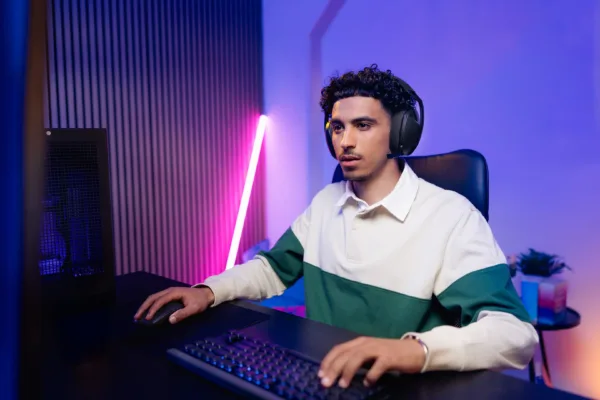by Edielyn Mangol, Reporter
As the Philippines cements its place as a fast-rising fintech hub in Southeast Asia, a new challenge threatens to stall its momentum: the widening talent gap.
With over 300 fintech startups now operating in the country and digital finance solutions expanding rapidly across lending, payments, insurance, and even crypto services, the demand for specialized tech talent — AI engineers, blockchain developers, cybersecurity experts — has surged dramatically. But the supply hasn’t kept up.
A growing industry meets a shrinking talent pool
According to a report by Asian Banking & Finance (2024), four key factors are intensifying the fintech talent shortage:
- A lack of digital expertise in traditional roles,
- Brain drain of highly skilled tech workers,
- Underinvestment in industry-specific training programs, and
- The rapid pace of technological change that outpaces education systems.
The impact is already being felt on the ground. Fintech companies are struggling to fill mission-critical roles, delaying product development and stalling expansion plans. Startups, in particular, are hard-hit as they compete with global tech giants offering higher salaries and remote opportunities.
Academia steps in
Universities across the country are racing to modernize their curricula. Institutions like the University of the Philippines, Mapúa University, and De La Salle University now offer specialized courses in financial technology, blockchain systems, and data science. Some schools have launched fintech sandboxes and startup incubators to bridge academic learning with industry application.
In a 2023 statement,1 Mapúa highlighted its blockchain-focused curriculum collaboration with industry partners to ensure students graduate with relevant, hands-on experience.
Government push for digital talent
Recognizing the urgency, the Philippine government through the Department of Information and Communications Technology (DICT) and the Technical Education and Skills Development Authority (TESDA) — has rolled out initiatives aimed at cultivating a future-ready workforce.

TESDA has expanded its Tech-Voc programs to include fintech-related modules, while DICT, in partnership with global stakeholders, is working to provide certifications in blockchain and cybersecurity, especially targeting rural areas.
Private sector investments in upskilling
Leading fintech firms aren’t sitting still either. Companies like GCash, PayMongo, and Maya are investing heavily in workforce development. GCash, for example, has launched internal coding bootcamps and cross-training programs, while Maya supports tech upskilling through its scholarship fund in partnership with local universities.
“Solving the talent gap isn’t just about hiring — it’s about building ecosystems of learning,” says a GCash spokesperson during a tech summit in 2023. “We’re investing in people as much as we are in platforms.”
Bridging today’s gap for tomorrow’s growth
The Philippines’ fintech future depends not just on innovation but on the people who power it. Bridging the talent gap will require a coordinated, multi-sectoral effort across education, government, and industry. But with proactive steps already in motion, the country is well-positioned to turn its young, tech-savvy population into a global fintech force.
With the right investments in people, partnerships, and purpose, the Philippines won’t just catch up — it will lead the charge in shaping a more inclusive, innovative, and globally competitive fintech future.
—
1 Mapúa School of IT Newsroom: https://www.mapua.edu.ph/pages/academics/undergraduate/makati-campus/school-of-information-technology








